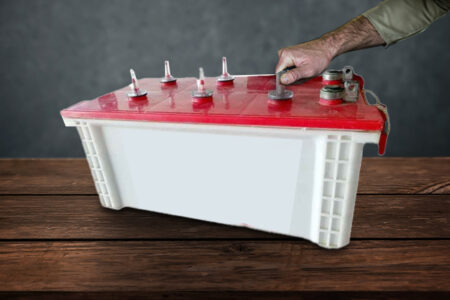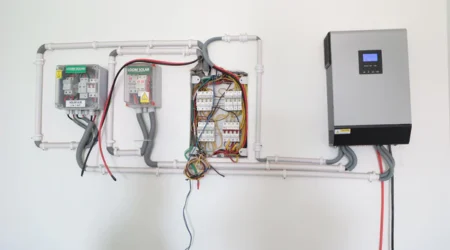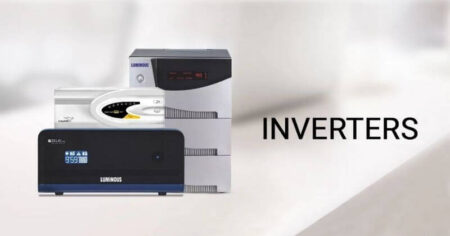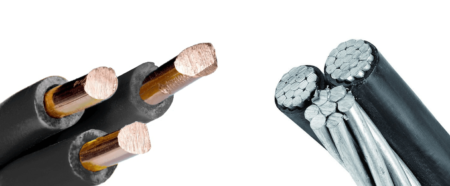The lifetime of an inverter used in a home varies depending on the type and manufacturer. On average, a high-quality inverter can last anywhere from 10 to 20 years with proper maintenance.
However, some manufacturers may offer warranties that range from 5 to 25 years. It’s essential to refer to the manufacturer’s specifications or consult a professional to determine the expected lifetime of an inverter for a specific home.
Things to consider to maintain Inverter for the long run
- Keep the inverter clean and free of dust and debris, as this can cause overheating and damage to the internal components.
- Make sure the inverter is properly ventilated, as proper airflow is necessary to dissipate heat and keep the inverter running efficiently.
- Keep the inverter in a cool and dry place, as extreme temperatures and humidity can damage the internal components and shorten the lifespan of the inverter.
- Use a surge protector to protect the inverter from power surges and voltage spikes, which can damage the electronic components.
- Have the inverter serviced and maintained by a professional at regular intervals, as this can help to identify and fix any potential issues before they become major problems.
- Avoid overloading the inverter, as this can cause damage to the internal components and reduce the overall lifespan of the inverter.
- Always use good quality batteries for the inverter, as this will prolong the life of the inverter and the batteries.
- Use the inverter as per the manufacturer’s guidelines and instructions.
- Keep an eye on the battery water levels and top them up regularly.
- Inspect the inverter for any signs of damage or wear and tear periodically and get it fixed if any issues are found.




